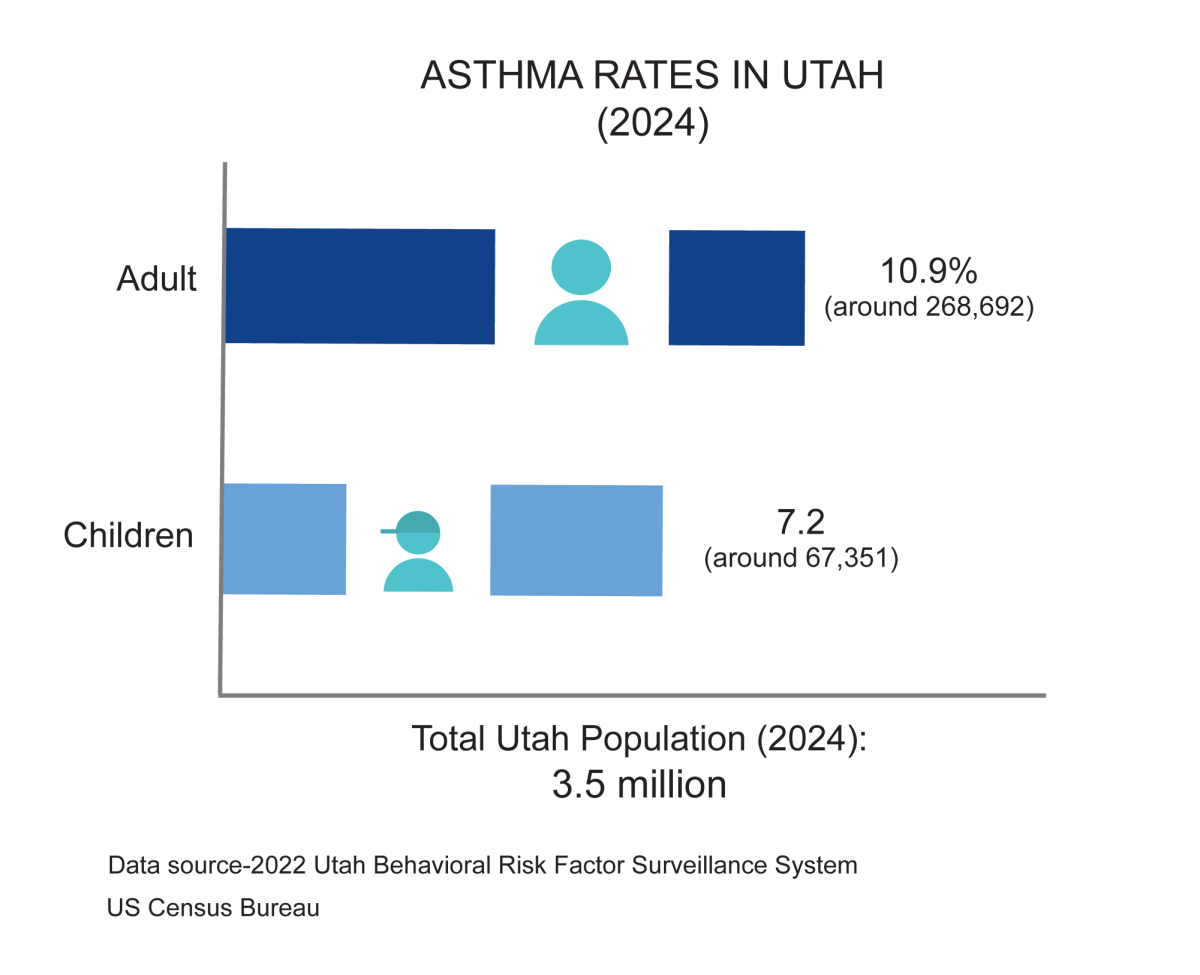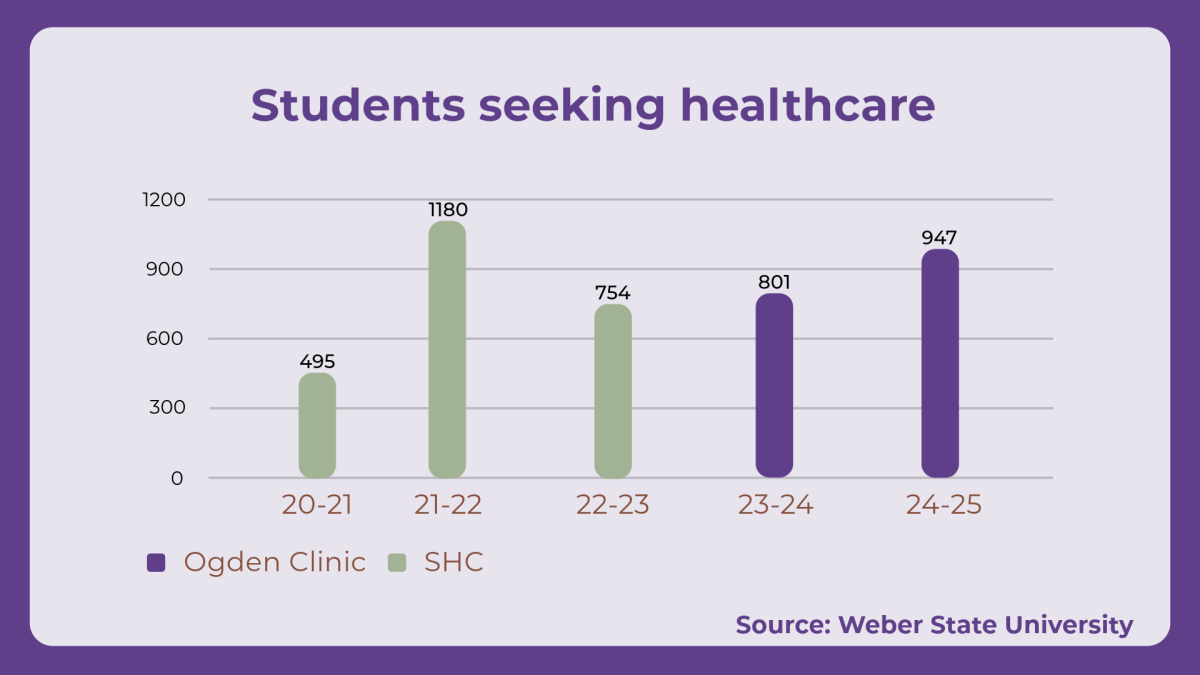University of Utah professor William Smith posed two questions during his virtual speech on Black History Month on Feb. 23: “Why do we need Black History Month?” and “Why do we need Black history?”

The speech was hosted by Shawn Newell, vice president of Industrial Supply, and co-chair of the Salt Lake Chamber’s Diversity Council and James Jackson III, president and founder of the Utah Black Chamber.
Smith addressed the questions, starting with the history of racial injustice in the U.S. and the impact it’s had on people of color.
“A racist telling of history can make a person falsely believe he or she is superior. An accurate telling of history has the ability to heal and inspire,” Smith said.
Smith brought up the topic of scientific racism, which he described as a difficult part of this country’s history.
“Much of what we learn as citizens in this country was based in scientific racism,” Smith said.
Dr. Samuel Cartwright wasn’t the first to use science to justify racism, but he came up with some of the terms that are now recognized as part of scientific racism.
The first term is drapetomania. According to Smith, Cartwright believed that this was a mental illness and caused enslaved people to flee captivity. Cartwright stated in his paper that Blacks who were treated too well or equally by their masters, that they would develop drapetomania. According to Smith, the treatment for drapetomania was whipping.

The second term Cartwright came up with was dysaesthesia aethiopica, or the predisposition for Blacks to have insensitive skin, and this made them lazy. The treatment of this supposed mental illness, again, was whipping. Smith said Blacks were laid out on the ground, lathered in oil and then whipped. This supposedly stimulated the skin and made them motivated to work.
“Many people we hold in high regard had this same kind of mindset, for instance Thomas Jefferson,” Smith said. “Thomas Jefferson said that Blacks smell bad, and were physically unattractive. They were dumb, cowardly, incapable of feeling grief and were required to get less sleep.”
Smith grew up in Illinois and was taught that he had to love Abraham Lincoln, especially as a black person. It was into his graduate studies that he learned that, while Lincoln was against slavery, he was a white supremacist.
Smith talked about how many leaders held in high esteem in history had many great qualities but were not immune from bad ones.
“We have to be careful of who we celebrate. We need to understand the person and their views,” Smith said.

Smith also brought up the topic of racial battle fatigue. Smith said that anti-Black racism is a global public health crisis. He admitted that during the George Floyd incidents, he had about five weeks of insomnia due to what he was witnessing.
Smith described racial battle fatigue as psychological, emotional and physiological overload. It is a race-related stress caused by taxing or exceeding the available mental and emotional availability, endangering one’s health and well being.
“Racial battle fatigue is not PTSD,” Smith said. “It is a repetitive race-related stress injury. It goes from the cradle to the grave.”
There are multiple symptoms of racial battle fatigue according to Smith.
Smith said the best way to help is by having trauma informed care, or as he puts it, “the three R’s.”
The first is realizing the need to realize the systemic and individual nature of racism and how it causes racial battle fatigue. The second is recognizing the need to be able to recognize the symptoms of racial battle fatigue in friends and family. The third is resisting systematic, individual and institutional attempts at racial re-traumatization.



















